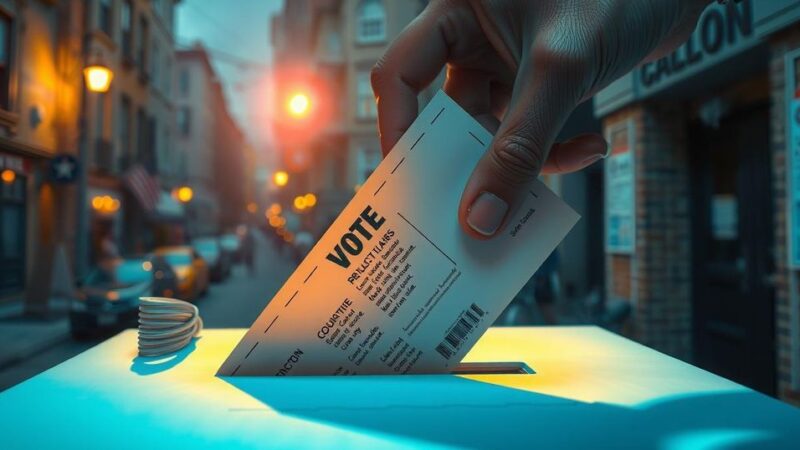Sierra Leone has been categorized with countries facing U.S. visa restrictions, sparking surprising reactions among its citizens, especially those in diaspora. Many celebrate the development amidst political divisions; however, this attitude reflects a troubling phenomenon in national politics. The article explores the implications of this classification in relation to past electoral conduct and drug-related scandals, urging for thoughtful reflection rather than schadenfreude.
Sierra Leoneans who awoke to news of their nation being categorized alongside countries such as Russia and Myanmar facing restricted visa access to the USA reacted with surprising archaism. Preliminary reactions have been rife, fueled by speculative political narratives despite the classification remaining in draft form, highlighting a troubling eagerness to ascribe blame before factual clarification.
The celebratory responses from certain Sierra Leoneans, especially those in the diaspora, raise concerns about a national ethos that seemingly delights in the misfortunes of one’s own country. The political divisiveness inherent in Sierra Leonean society complicates the understanding of why such adverse developments are receive with enthusiasm, rather than introspection and reflection on the underlying causes.
This situation raises the pertinent question of how Sierra Leone has arrived at this juncture. While some speculate that recent drug scandals and political turmoil, particularly surrounding the contentious June 2023 elections, contribute to this classification, others suggest that the political maneuvers of the Bio-led Sierra Leone Peoples Party (SLPP) have fostered an environment leading to such international scrutiny.
Past remarks by the former U.S. Ambassador, particularly related to election integrity, link potential repercussions of the electoral process to the current visa restrictions. He previously warned the Sierra Leonean government about the need for fair elections in exchange for U.S. assistance, making one ponder whether these events are interrelated in consequence.
Ambassador Bryan D. Hunt’s recent praise for Sierra Leone’s commitment to national unity may appear at odds with the new travel restrictions. Furthermore, speculation about the implications of Sierra Leone’s involvement in drug-related incidents like “Meet Me in Conakry” raises questions about its reputation and international standing.
While some express delight at the prospect of the visa restrictions, it is crucial to note that such punitive actions will predominantly affect ordinary citizens rather than the political elite. The prospect of leveraging visa restrictions as a negotiation tool raises concerns regarding the implications for Sierra Leone’s sovereignty and citizen welfare, as Trump may seek to utilize these measures to further his policy of mass deportation.
The recent summons of the U.S. Ambassador by Sierra Leone’s Minister of Foreign Affairs evidences the legitimate anxiety regarding the ramifications of these travel bans or restrictions for average citizens. While individuals may attempt to capitalize on national challenges for political gain, the celebration of such misfortunes is puzzling and detracts from necessary proactive engagement with the situation.
This discourse highlights the necessity for Sierra Leoneans to reflect on their national standing and pursue tangible solutions, rather than indulging in schadenfreude. As such, it may be imperative to reassess and prioritize national interests and collective benefits over fleeting political rivalries.
The concerns emanating from Sierra Leone’s visa classification alongside significantly less favorable countries reflect a growing need for national introspection. The discourse suggests that celebrating such a situation reveals deeper issues of political divisiveness and a troubling inclination to revel in adversity rather than seeking constructive dialogue. Ultimately, fostering solidarity and engagement is vital for addressing the underlying challenges and improving the country’s standing on the international stage.
Original Source: www.thesierraleonetelegraph.com






